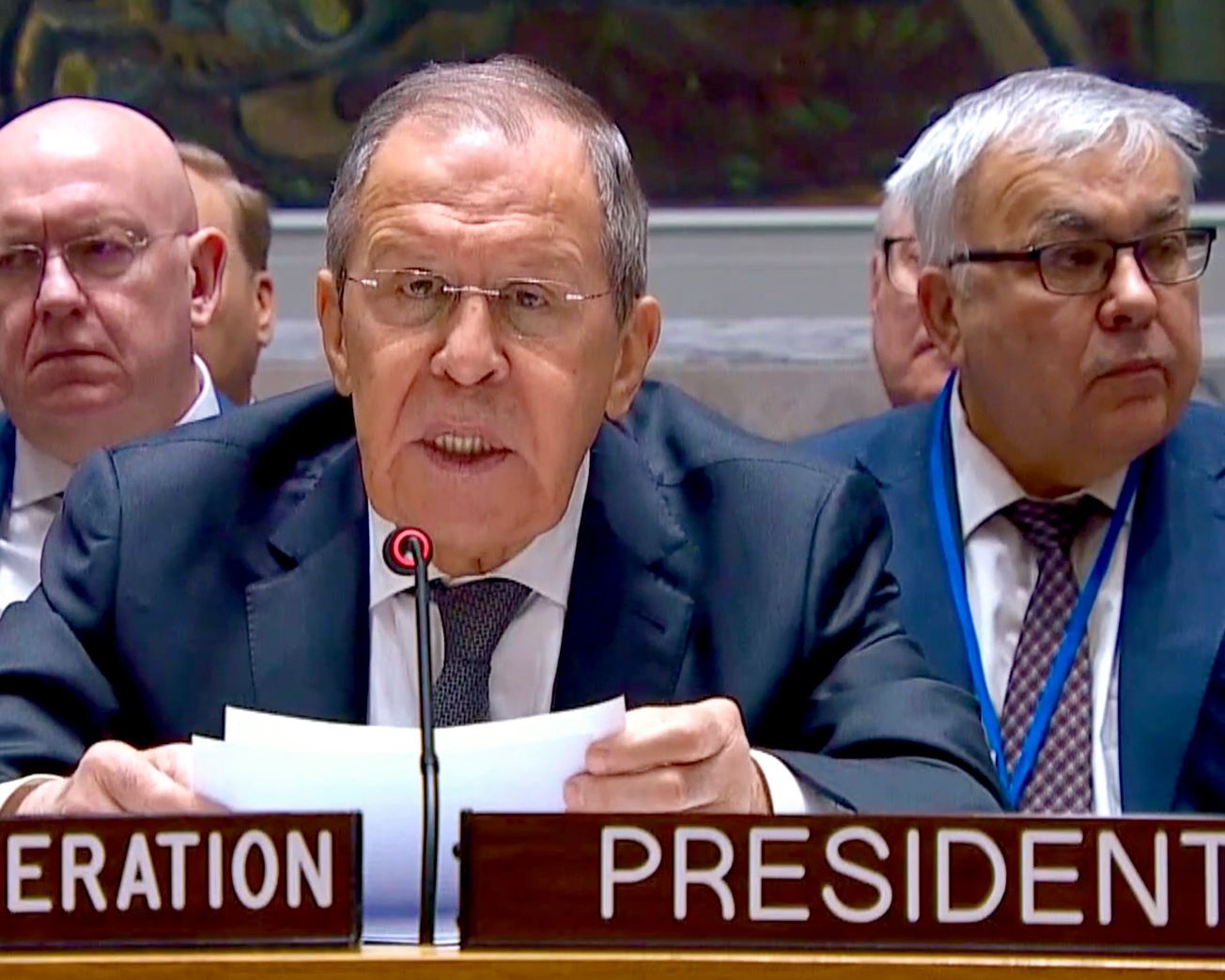It's not often that the United Nations' leader criticizes powerful member nations with permanent seats on the world body's most powerful arm. U.N. Secretary-General António Guterres has now done it twice in a week.
First came the United States' turn over reports that it eavesdropped on his private conversations and that of other senior U.N. officials. Guterres' spokesman Stéphane Dujarric last week called those U.S. actions "inconsistent" with the nation's obligations under international law.









